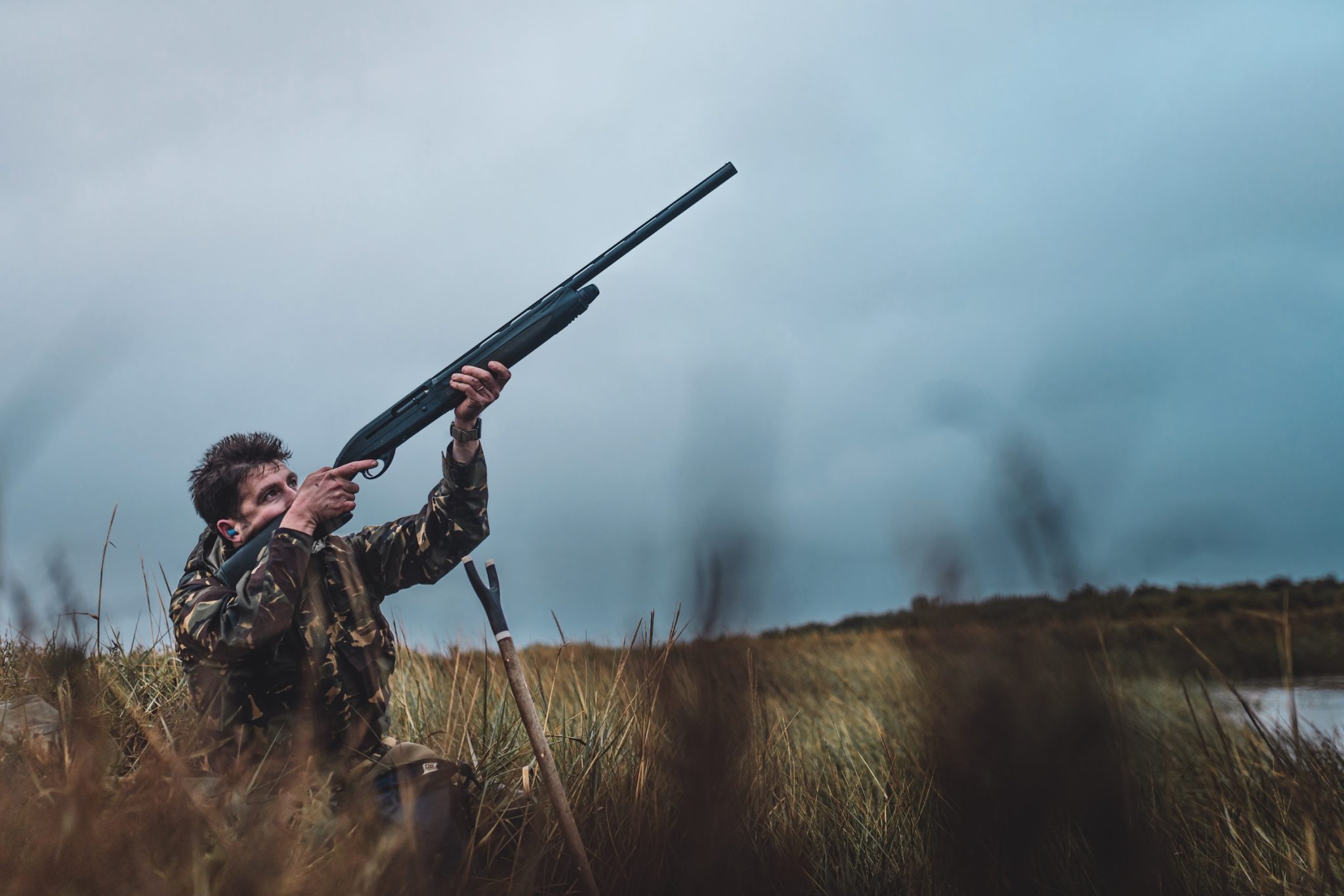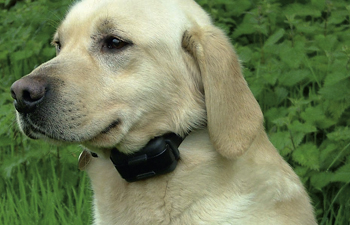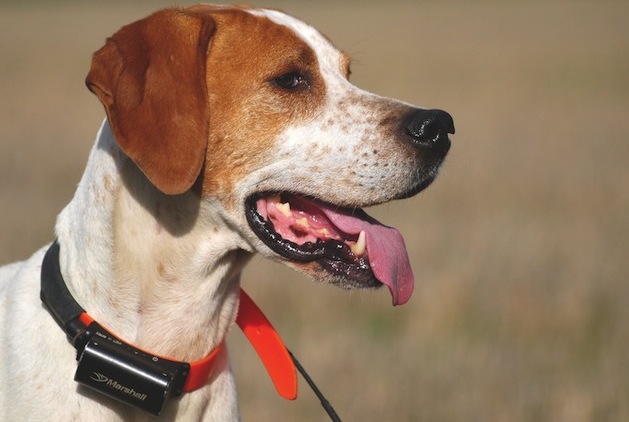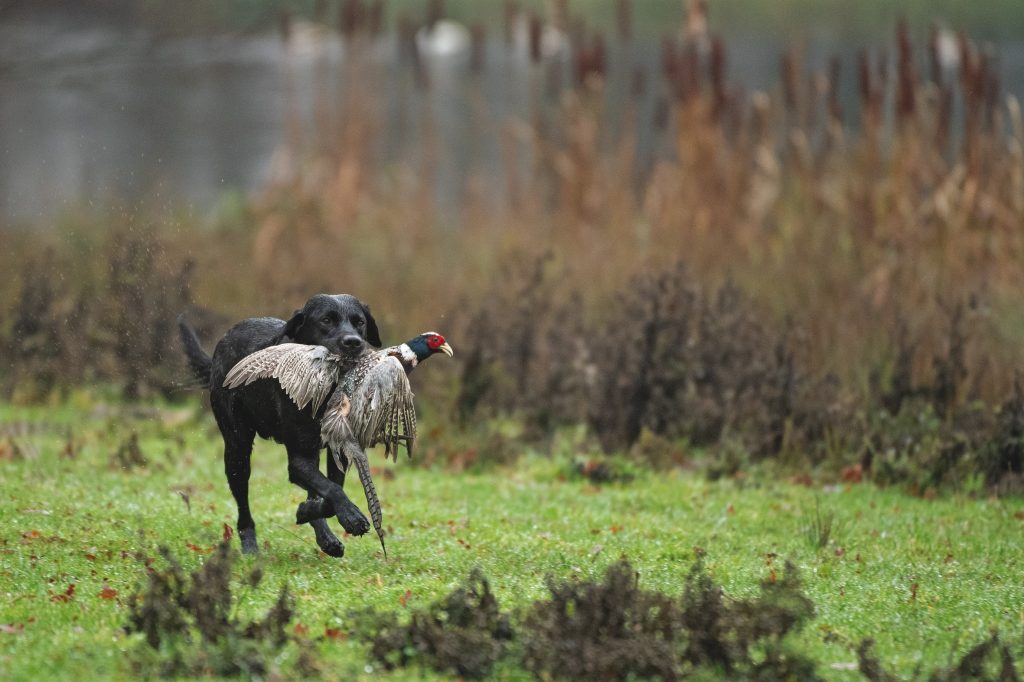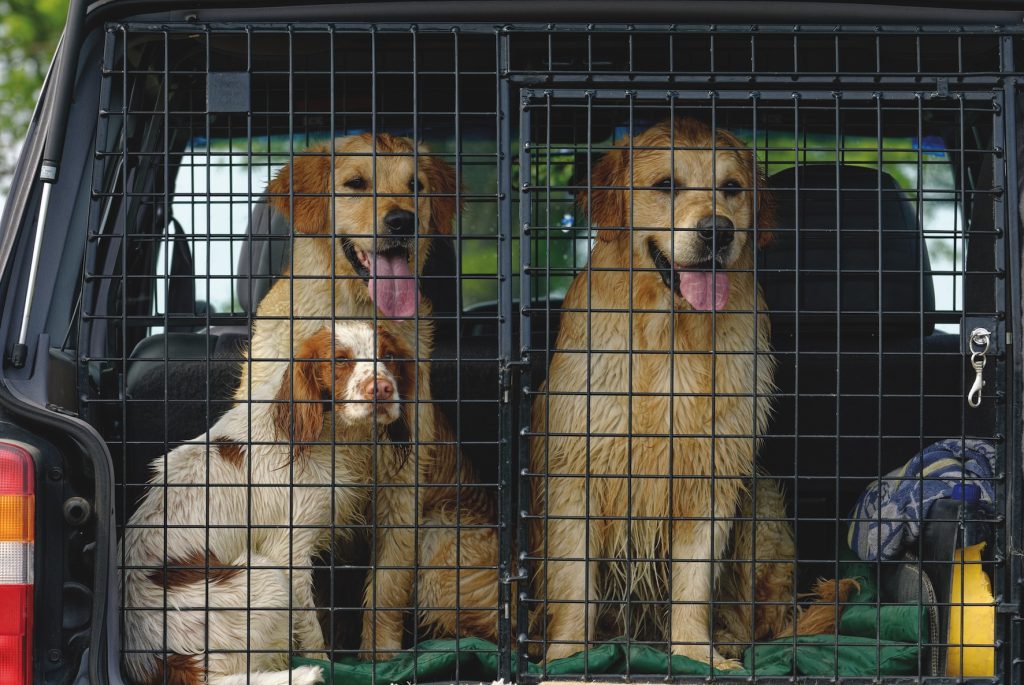The Welsh Assembly’s decision to ban electric dog collars has attracted strong opposition from dog owners despite Kennel Club support.…
The countdown is on for The British Shooting Show – book tickets online today and save on gate price!
Dog training – electric collars have their uses for training

If you want to provoke debate among dog owners, just whisper the words “electric collar”. It’s a subject on which most of us have a strong view, and we were reminded of this when the Welsh Assembly celebrated the banning of electric collars in the Principality five years ago.
None of the other countries that make up the UK have followed suit, but MSP Kevin Stewart recently called for the devices to be banned in Scotland, arguing: “It would be wrong for the government to take any stance apart from banning these shock collars, as we should be clearly stating that these are unacceptable. The issuing of government guidelines would only legitimise the use of shock collars — we must be going much further than that and ban the use and sale within Scotland.”
There have been moves in Wales for the legislation to be amended and even overturned, but what the RSPCA calls “a powerful coalition” — the RSPCA Cymru, the Blue Cross, Battersea Dogs & Cats Home and the Kennel Club — recently wrote to the Welsh government and all assembly members to highlight the importance of retaining the ban.
The Kennel Club has long been an advocate of a ban throughout the UK, following the example of several other European countries, including Sweden, Denmark and Germany. according to Caroline Kisko, the club’s secretary: “The Welsh assembly’s landmark decision to ban the sale and use of electronic training devices was welcomed wholeheartedly by the Kennel Club and the other animal welfare organisations. Research conducted before and since the ban has concluded that the welfare of dogs is compromised by the use of such equipment. With an array of positive training devices on the market, it is our view that electronic devices are completely unnecessary. We hope that any kind of review of a measure put in place to protect the welfare of dogs concludes that the current regulations should remain in place.”
Labour’s election manifesto promises to “build on our strong record on animal welfare, starting with an end to this government’s ineffective and cruel badger cull. We will improve the protection of dogs and cats, ban wild animals in circuses, defend the hunting ban and deal with wildlife crime associated with shooting.”
There’s no specific mention of electric collars, but it seems likely that any moves to introduce a ban would come under the loose phrase “improving the protection of dogs and cats”.
Not to be confused with an electric collar, a locating collar enables the handler to find the dog if it is out of sight
You may well think that a ban would be a good thing and there are several prominent figures in the world of gundogs who would agree with you. I corresponded recently on the subject with Graham Cox, a long-standing member of the Kennel Club’s field trial sub-committee. He told me how he had borrowed “a state-of-the-art collar”, which he tried on himself.
“At setting one, it didn’t amount to more than being ‘pinged’ with a rubber band,” he said. “I then strapped it around my knee and turned the dial up to three. The effect was to make my leg jolt involuntarily and I was aware of an unpleasant tingle for the next 20 minutes or so. I didn’t try it on five, but you can be sure that frustrated handlers will. Bear in mind that people strap these things on dogs when they are wet and even working in water. My understanding of electricity is less than rudimentary, but I know enough to be aware that it is surely dangerous.”
I suspect that far more gundog handlers own and use electric collars than do any other group of dog owners. I remember my surprise when I first saw an electric collar in use on a dog on a shoot day. That was many years ago and since then I’ve encountered them numerous times, most often on beaters’ dogs. I’ve also noticed that falconers favour using them on their dogs, no doubt because handling a hawk or falcon takes a great deal of concentration, and the last thing you want is a dog running out of control.
A last-resort training aid
I thoroughly dislike seeing electric dog training collars used as handling tools, but I am convinced they have a place as a last-resort training aid. Last season I spent a day hawking with a friend who is passionate about his dogs. He was running a young German shorthaired pointer bitch he had rescued. She had been rehomed because she was dangerous around livestock and was hours away from being destroyed. Thanks to sensitive use of an electric collar, her life was saved and she is now a valued member of his team. Banning anything seldom works: foxhunting is probably stronger now than it was before the ban.
Banning electric collars wouldn’t stop their use, but simply ensure that it took place out of the public eye. My feeling is that attention should be focused on the collars themselves and, rather than banning them, the maximum shock should be reduced. Most dogs respond instantly to a buzz and a tingle.
Perhaps an acceptable device would be one that gave the same shock to the handler as to the dog?
Related Articles
Get the latest news delivered direct to your door
Subscribe to Shooting Times & Country
Discover the ultimate companion for field sports enthusiasts with Shooting Times & Country Magazine, the UK’s leading weekly publication that has been at the forefront of shooting culture since 1882. Subscribers gain access to expert tips, comprehensive gear reviews, seasonal advice and a vibrant community of like-minded shooters.
Save on shop price when you subscribe with weekly issues featuring in-depth articles on gundog training, exclusive member offers and access to the digital back issue library. A Shooting Times & Country subscription is more than a magazine, don’t just read about the countryside; immerse yourself in its most authoritative and engaging publication.



